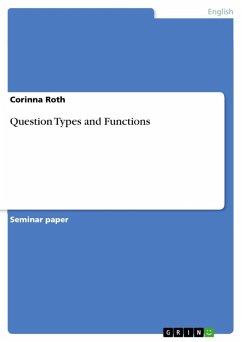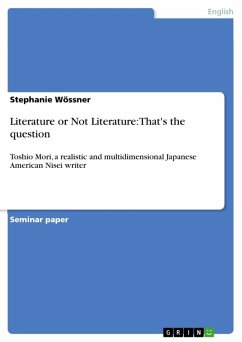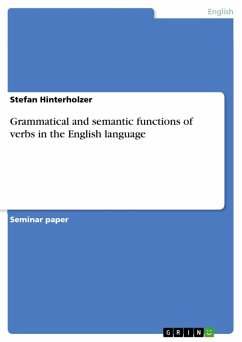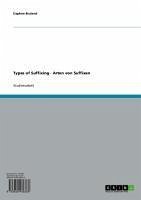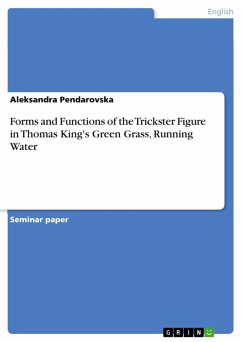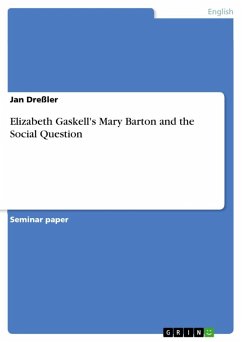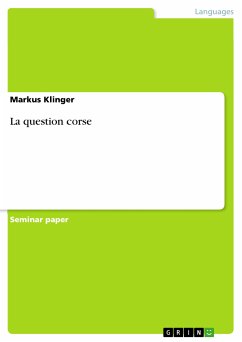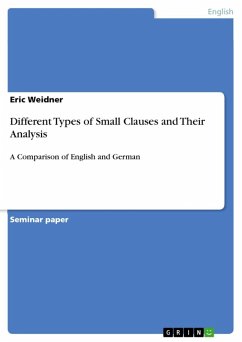Seminar paper from the year 2007 in the subject English Language and Literature Studies - Linguistics, grade: 2,3, Technical University of Chemnitz, course: Hauptseminar "Pragmatics", language: English, abstract: In traditional grammar books question types as well as spoken (or written) interaction are explained very theoretically, far from being practically orientated and therefore often not applicable to interaction in practice. While in grammar books sentence structure is always precisely ordered, in naturally occurring spoken language we often deal with syntactically incomplete utterances which are not exactly arranged as described in grammar books Furthermore, the most important difference between theory and real life is that grammar books focus on form is described rather than function. (see Weisser, 2002:3). From these differences several problems arise which I will examine in this paper. In the first section I will give a general definition of the term question as well as a classification of question types according to Quirk et al. (1985). In the second part I will analyse each question type by working out the differences between the theory of Quirk et al. (1985) and Tsui (1992). On the one hand, I will always compare the theory of Quirk et al. with the contrastive, more practically orientated theory of Tsui. On the other hand, I will substantiate Tsui's theory with examples from the trainline corpus in order to demonstrate that her analysis is correct. Further, I will analyse to which extent the trainline examples are applicable to the theories.
Dieser Download kann aus rechtlichen Gründen nur mit Rechnungsadresse in A, B, BG, CY, CZ, D, DK, EW, E, FIN, F, GR, HR, H, IRL, I, LT, L, LR, M, NL, PL, P, R, S, SLO, SK ausgeliefert werden.

